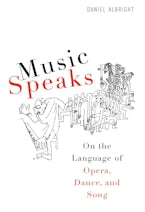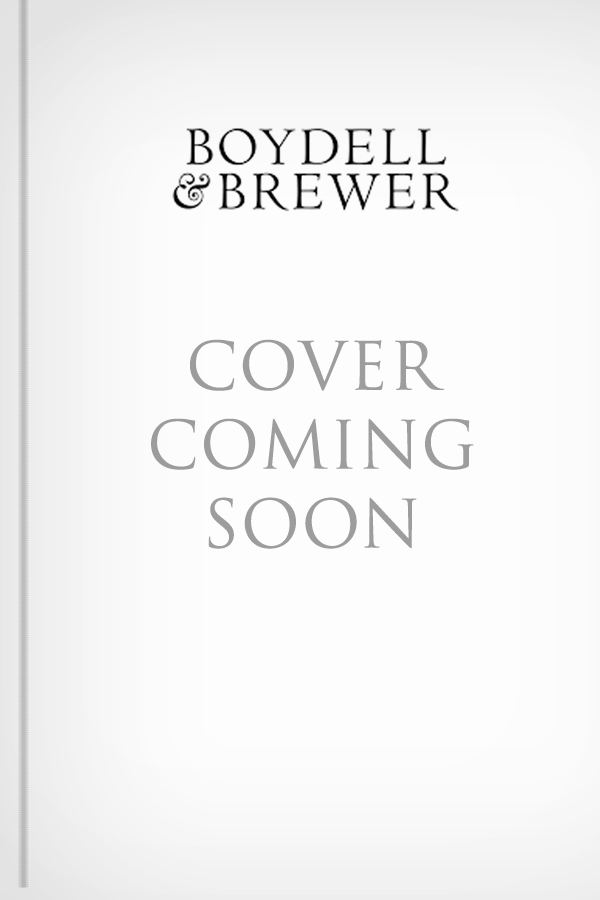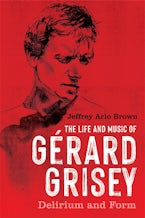
Title Details
222 Pages
22.8 x 15.2 cm
Series: Eastman Studies in Music
Series Vol. Number:
147
Imprint: University of Rochester Press
Coming to Terms with Our Musical Past
An Essay on Mozart and Modernist Aesthetics
- Description
- Contents
- Author
- Reviews
A bold, restorative vision of Mozart's works, and Western art music generally, as manifestations of an idealism rooted in the sociable nature of humans.
For over a generation now, many leading performers, critics, and scholars of Mozart's music have taken a rejection of transcendence as axiomatic. This essentially modernist, antiromantic orientation attempts to neutralize the sorts of aesthetic experiences that presuppose an enchantment with Mozart's art, an engagement traditionally articulated by such terms as intention, mimesis, author, and genius. And what is true of much recent Mozart interpretation isoften manifest in the interpretation of Western art music more generally.
Edmund Goehring's Coming to Terms with Our Musical Past explores what gets lost when the vocabulary of enchantment is abandoned. The bookthen proceeds to offer an alternative vision of Mozart's works and of the wider canon of Western art music. A modernized poetics, Goehring argues, reduces art to mechanism or process. It sees less because it excludes a necessaryand enlarging human presence: the generative, and receiving, "I."
This fascinating new book-length essay is addressed to any reader interested in the performing arts, visual arts, and literature and their relationship to the broader culture. Goehring draws on seminal thinkers in art criticism and philosophy to propose that such works as Mozart's radiate an idealism that has human sociability both as its source and its object.
This book is available as an Open Access eBook under the Creative Commons license: CC BY-NC.
For over a generation now, many leading performers, critics, and scholars of Mozart's music have taken a rejection of transcendence as axiomatic. This essentially modernist, antiromantic orientation attempts to neutralize the sorts of aesthetic experiences that presuppose an enchantment with Mozart's art, an engagement traditionally articulated by such terms as intention, mimesis, author, and genius. And what is true of much recent Mozart interpretation isoften manifest in the interpretation of Western art music more generally.
Edmund Goehring's Coming to Terms with Our Musical Past explores what gets lost when the vocabulary of enchantment is abandoned. The bookthen proceeds to offer an alternative vision of Mozart's works and of the wider canon of Western art music. A modernized poetics, Goehring argues, reduces art to mechanism or process. It sees less because it excludes a necessaryand enlarging human presence: the generative, and receiving, "I."
This fascinating new book-length essay is addressed to any reader interested in the performing arts, visual arts, and literature and their relationship to the broader culture. Goehring draws on seminal thinkers in art criticism and philosophy to propose that such works as Mozart's radiate an idealism that has human sociability both as its source and its object.
This book is available as an Open Access eBook under the Creative Commons license: CC BY-NC.
Introduction: Setting the Stage, and Then Exiting It
On Critique; or, Two Paths through the Art-Critical World
On Transcendence; or, Mozart among the Neoplatonists, Present and Past
On Intention
On Being
On Chance and Necessity
On Ambiguity
On Mimesis
On Pleasure
On Concepts and Culture
The Flaws in the Finale
Conclusion: An Other Modernism?
Notes
Bibliography
Index
On Critique; or, Two Paths through the Art-Critical World
On Transcendence; or, Mozart among the Neoplatonists, Present and Past
On Intention
On Being
On Chance and Necessity
On Ambiguity
On Mimesis
On Pleasure
On Concepts and Culture
The Flaws in the Finale
Conclusion: An Other Modernism?
Notes
Bibliography
Index
"WINNER of the 2019 Marjorie Weston Emerson Award from the Mozart Society of America" .
"Exhaustively researched and documented . . . [this book] considers such concepts as intention, ambiguity, mimesis, chance, and necessity -- each with its own chapter -- in the light of modernist concepts, and with a critique as to whether that is adequate to understand Mozart's works, divorced from the magic and genius that many music lovers have long associated with him. A detailed and impressive set of arguments, concluding that the limits of modernist aesthetics are inadequate to understanding 'a Mozartean beauty -- where the familiar, the superabundant, and the uncanny meet.' AMERICAN RECORD GUIDE" AMERICAN RECORD GUIDE
Hardcover
9781580469302
June 2018
£85.00 / $99.00
Open Access
9781580469302
June 2018
Title Details
222 Pages
2.28 x 1.52 cm
Series: Eastman Studies in Music
Series Vol. Number:
147
Imprint: University of Rochester Press













